- Home | Industry Update | Farmer Protests Lead To Significant Decline In Punjab Textil...
Farmer Protests Lead To Significant Decline In Punjab Textile Trade

The ongoing farmers' protests in Punjab have severely disrupted the region's textile industry. Traders are experiencing a significant decline in business activity, fueled by growing concerns over supply chain disruptions. The movement of textile products from Surat to Punjab has been severely hampered, with daily supply values plummeting from Rs 50 crore to roughly half that amount. This downturn is primarily attributed to bulk stockists exercising caution and refraining from placing new orders, as reported by TOI.
The disruption has severely impacted two critical trade routes through Ambala and New Delhi, serving as vital conduits for textile distribution to Punjab's local markets. Ladies' suits and dress materials, highly sought-after from Surat due to their competitive pricing and wide variety, have witnessed a sharp decline in orders. Industry experts paint a grim picture of the situation's consequences. Pappi Seth, a leading supplier of textiles to northern states, highlights the immediate impact on market dynamics, emphasizing a complete cessation of new orders.
Champalal Bothra, Chairman of the Textile Committee, Confederation of All India Traders (CAIT), echoes these concerns and underscores additional challenges facing the sector. Bothra emphasizes that the usually subdued post-wedding season is being exacerbated by delayed payments for previously supplied goods and a troubling delay in orders for post-winter products. The textile industry's anxiety is further amplified by the recollection of similar disruptions during past protests in Punjab.
If the current protests continue for several more weeks, traders foresee more severe economic repercussions for the industry. This could potentially result in prolonged market instability and persistent financial uncertainty.
03:15 PM, Jan 13
Other Related Topics
.webp)
US–Bangladesh Tariff Pact Brings Fresh Momentum to Garment Exports
04:08 PM, Feb 10
Industry Update

Kolkata Set to Become Textile Sourcing Hub as YARNEX and TEXINDIA Return in January 2026...view more



.webp)
.webp)

1.webp)
1.webp)
1.webp)



1.webp)
1.webp)


1.webp)

1.webp)
1.webp)






1.webp)

1.webp)




1.webp)



1.webp)
1.webp)
1.webp)

1.webp)
1.webp)


1.webp)


1.webp)

1.webp)

1.webp)
1.webp)
1.webp)
1.webp)



1.webp)

1.webp)


1.webp)

1.webp)




1.webp)

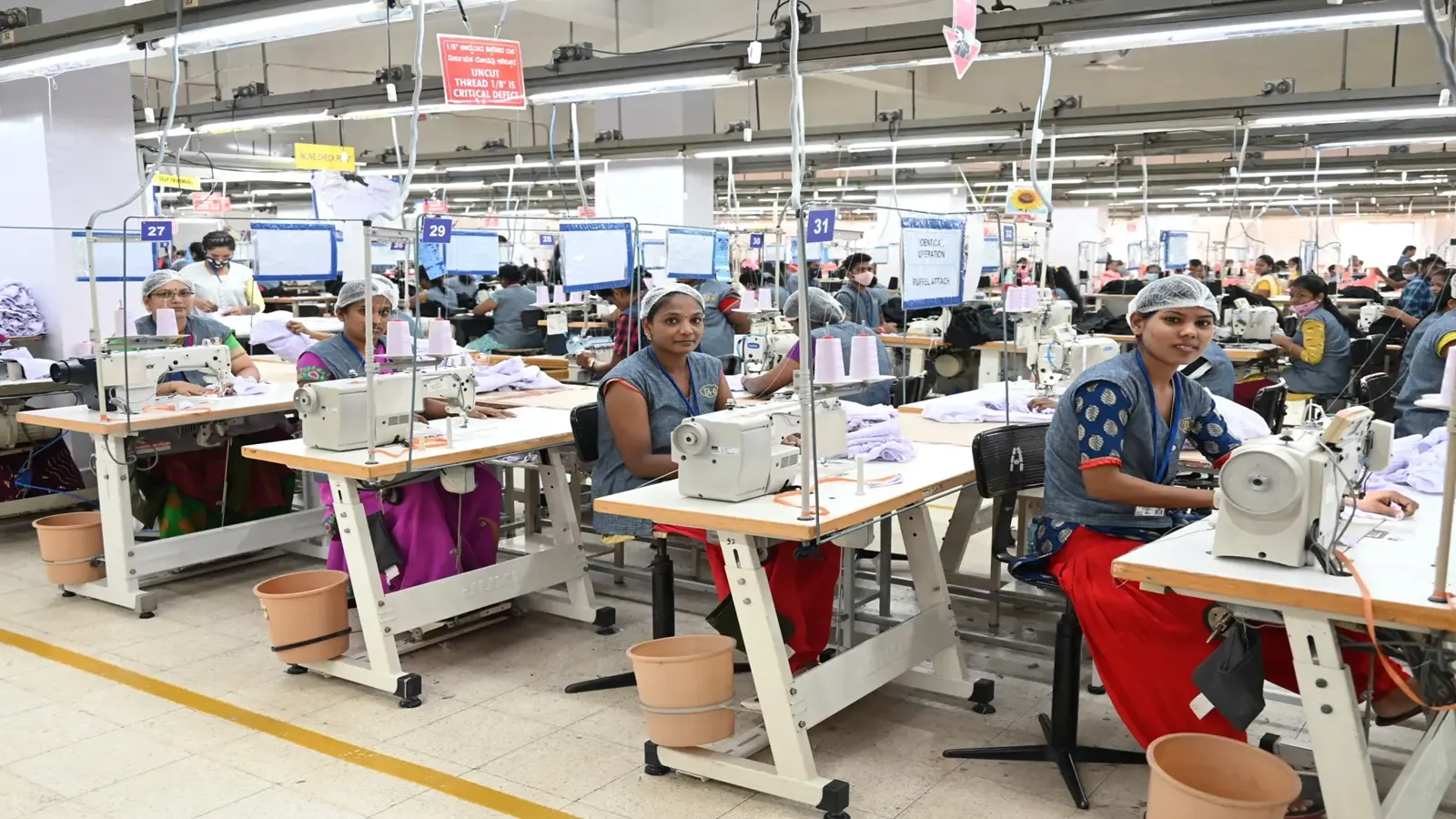
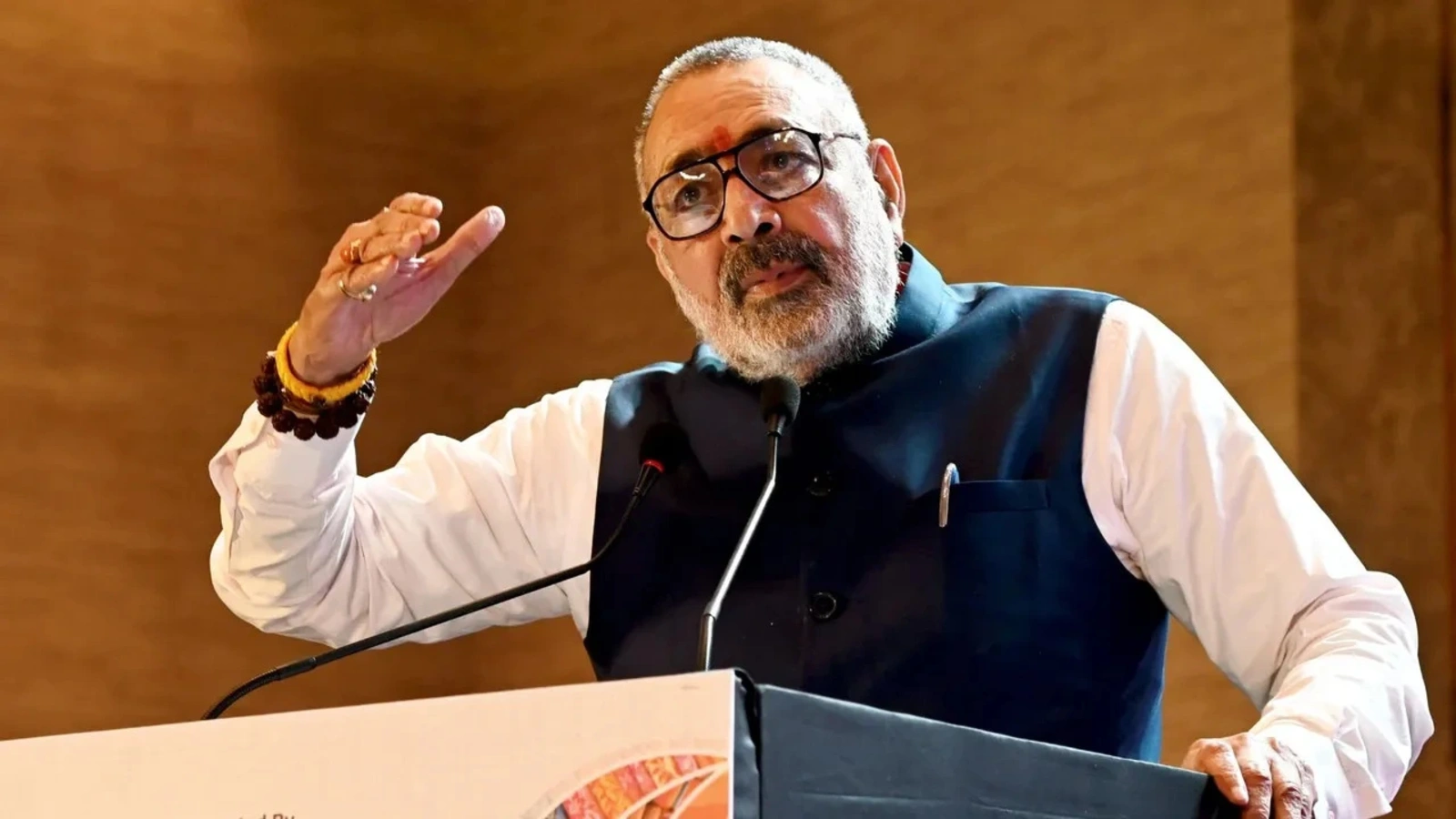
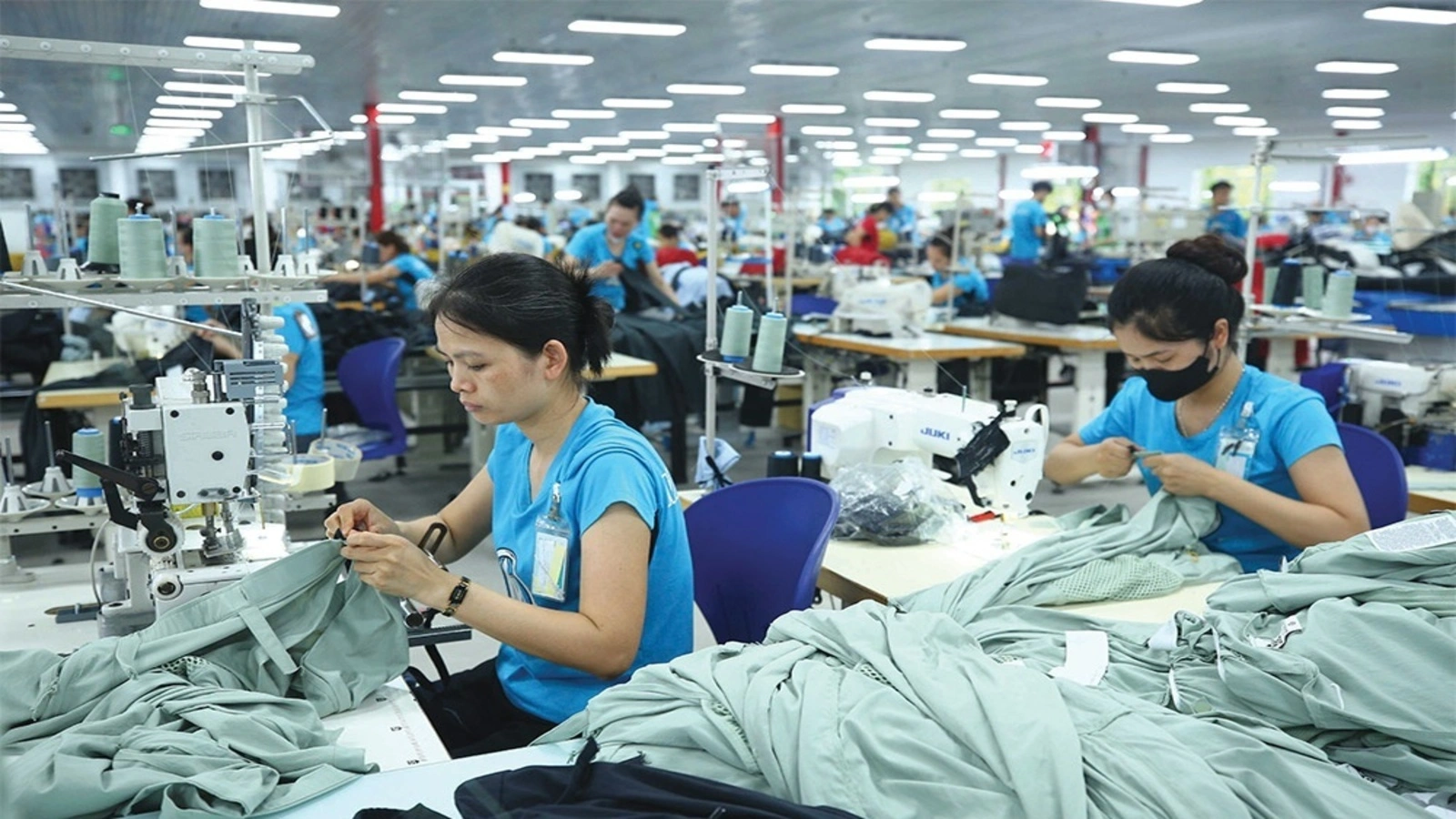
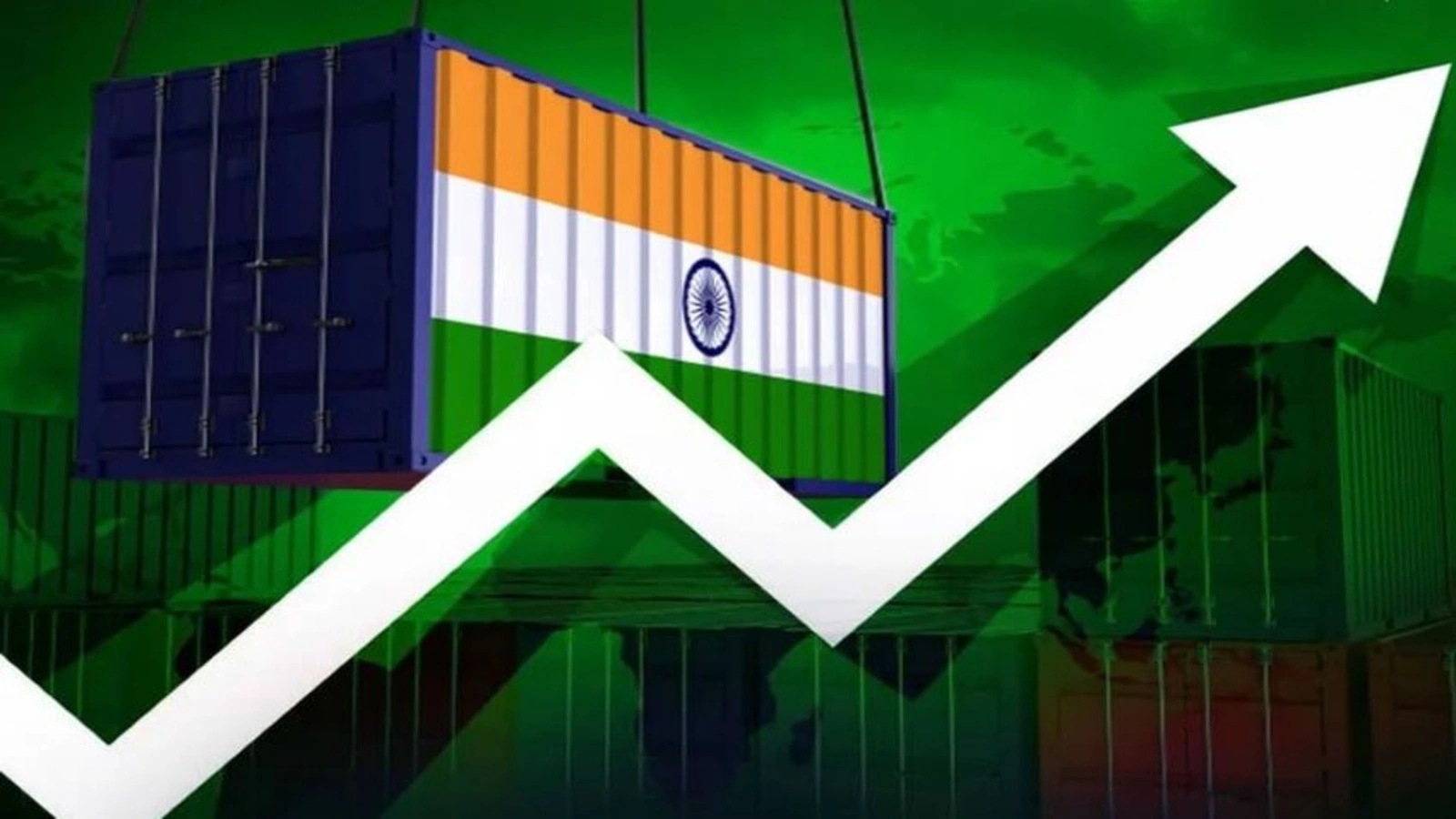


1.webp)




1.webp)



1.webp)
1.webp)
1.webp)

1.webp)
1.webp)

1.webp)

.webp)

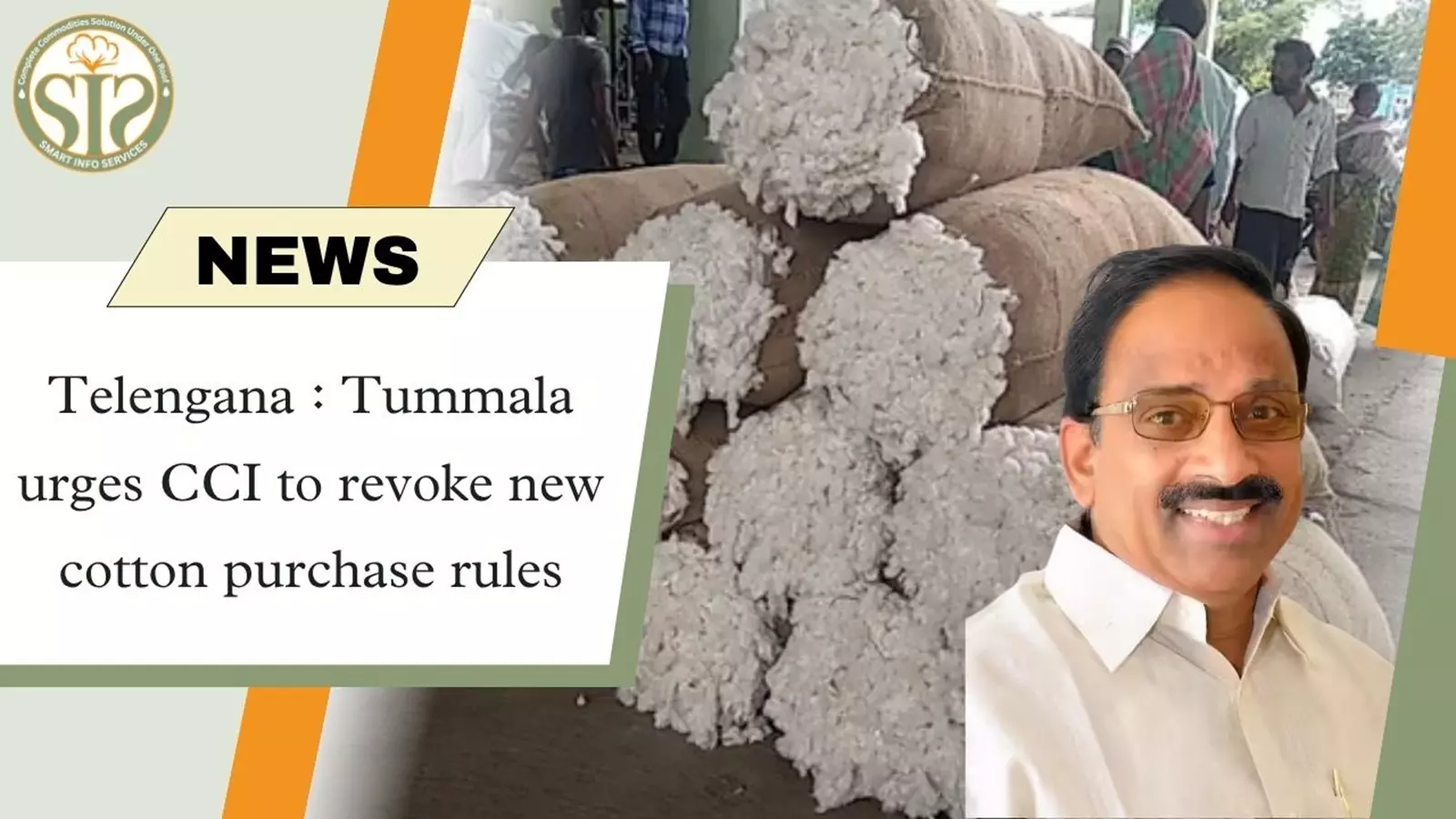

1.webp)


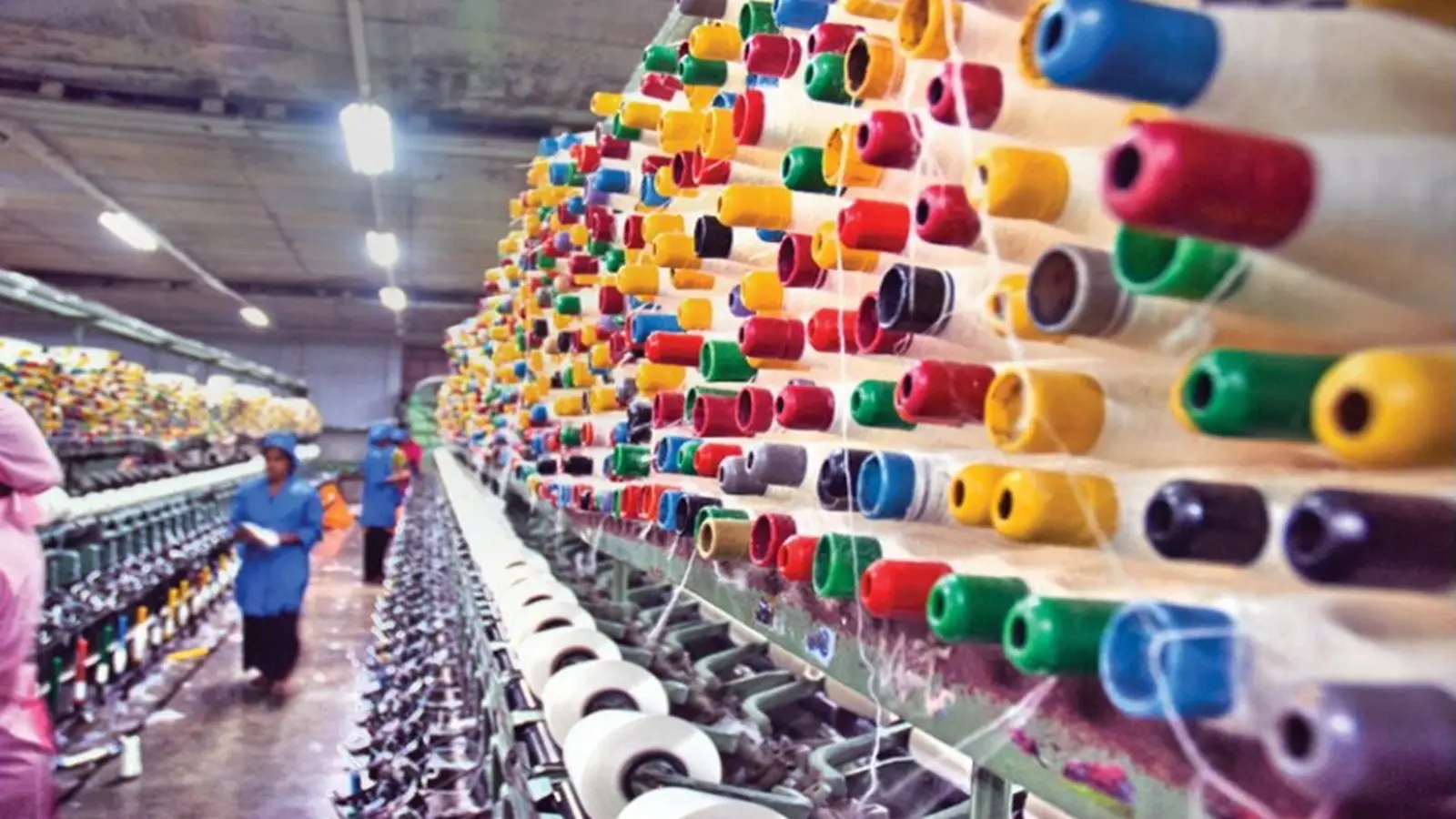
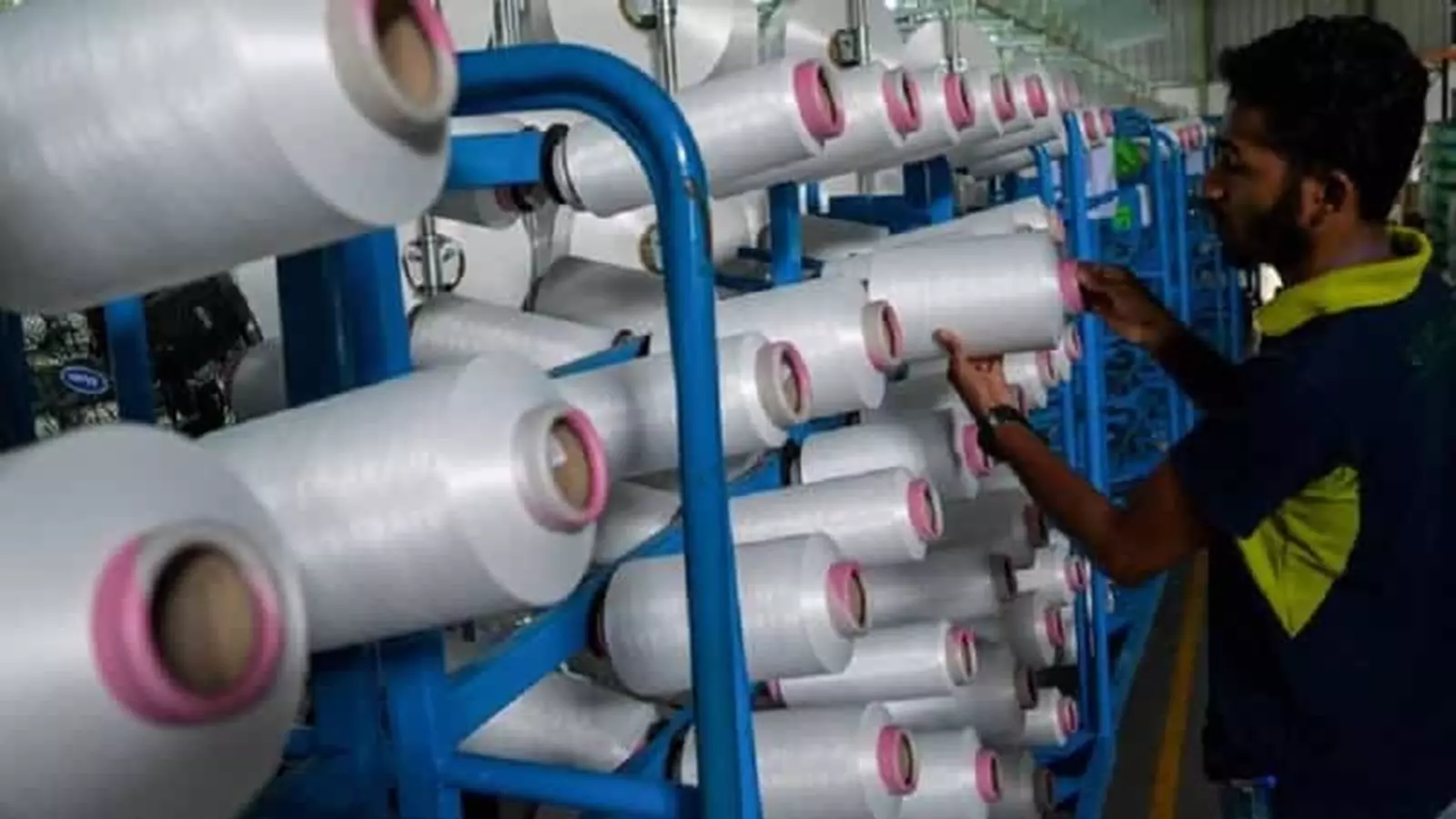

1.webp)








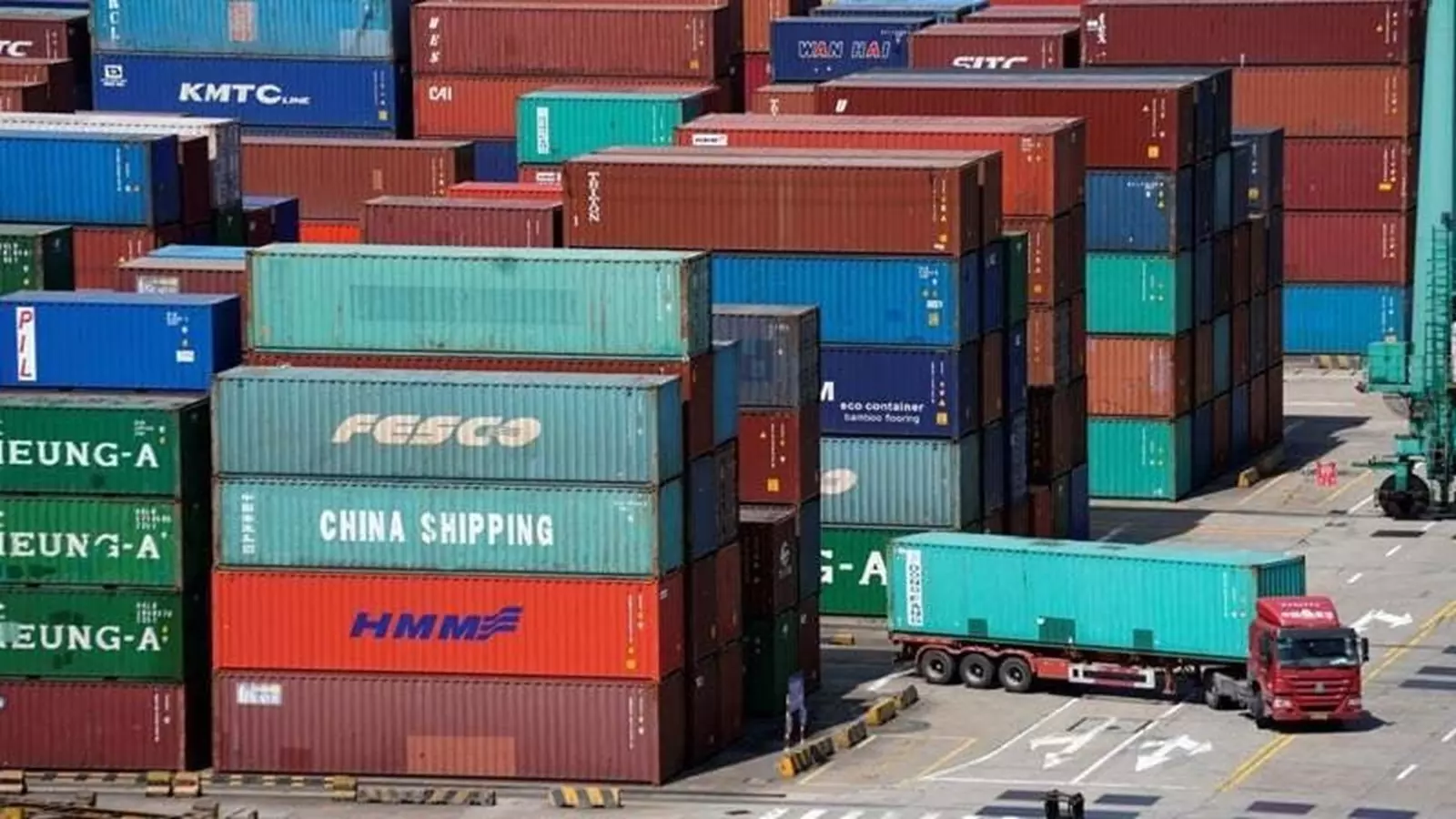
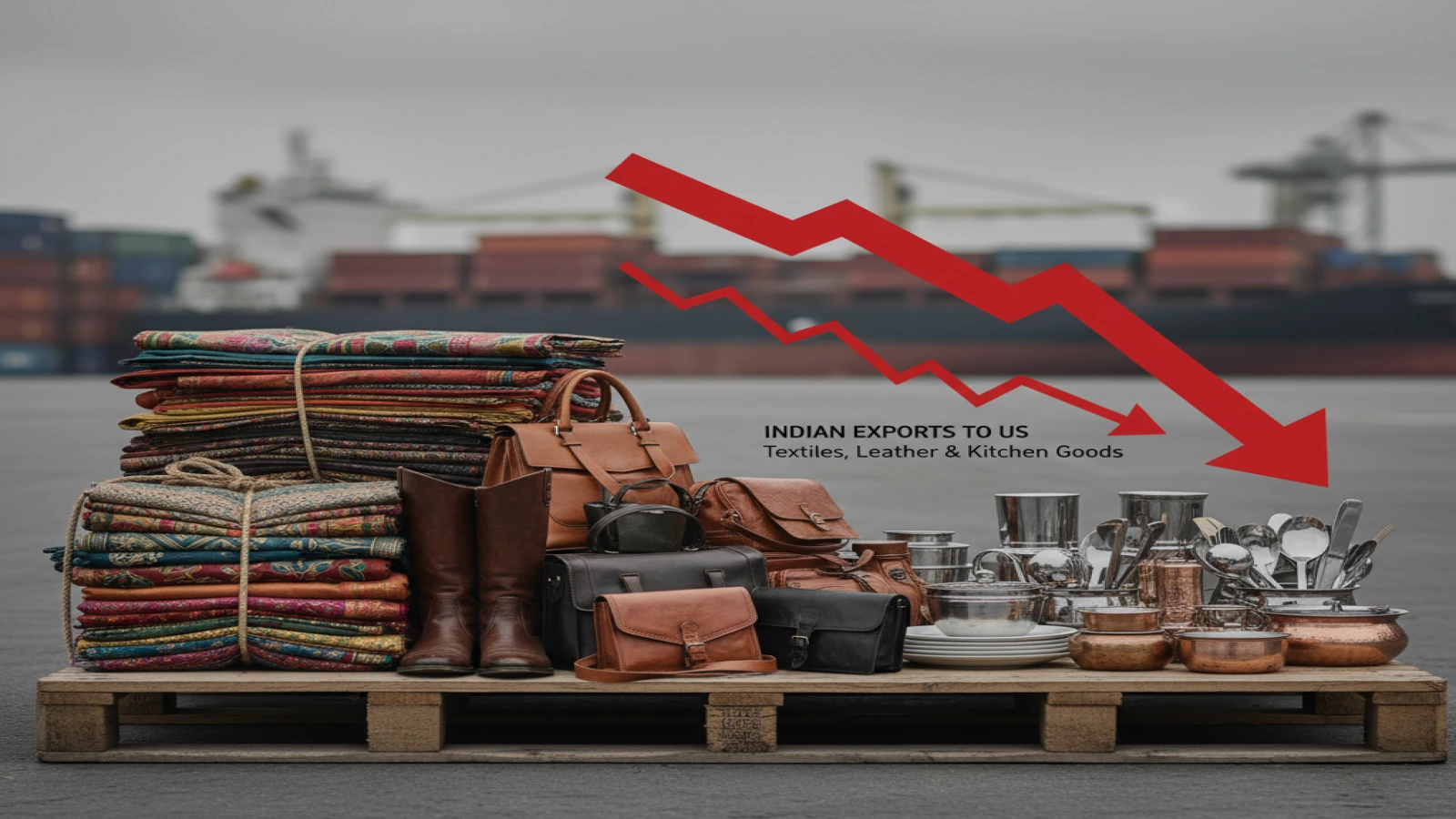



1.webp)
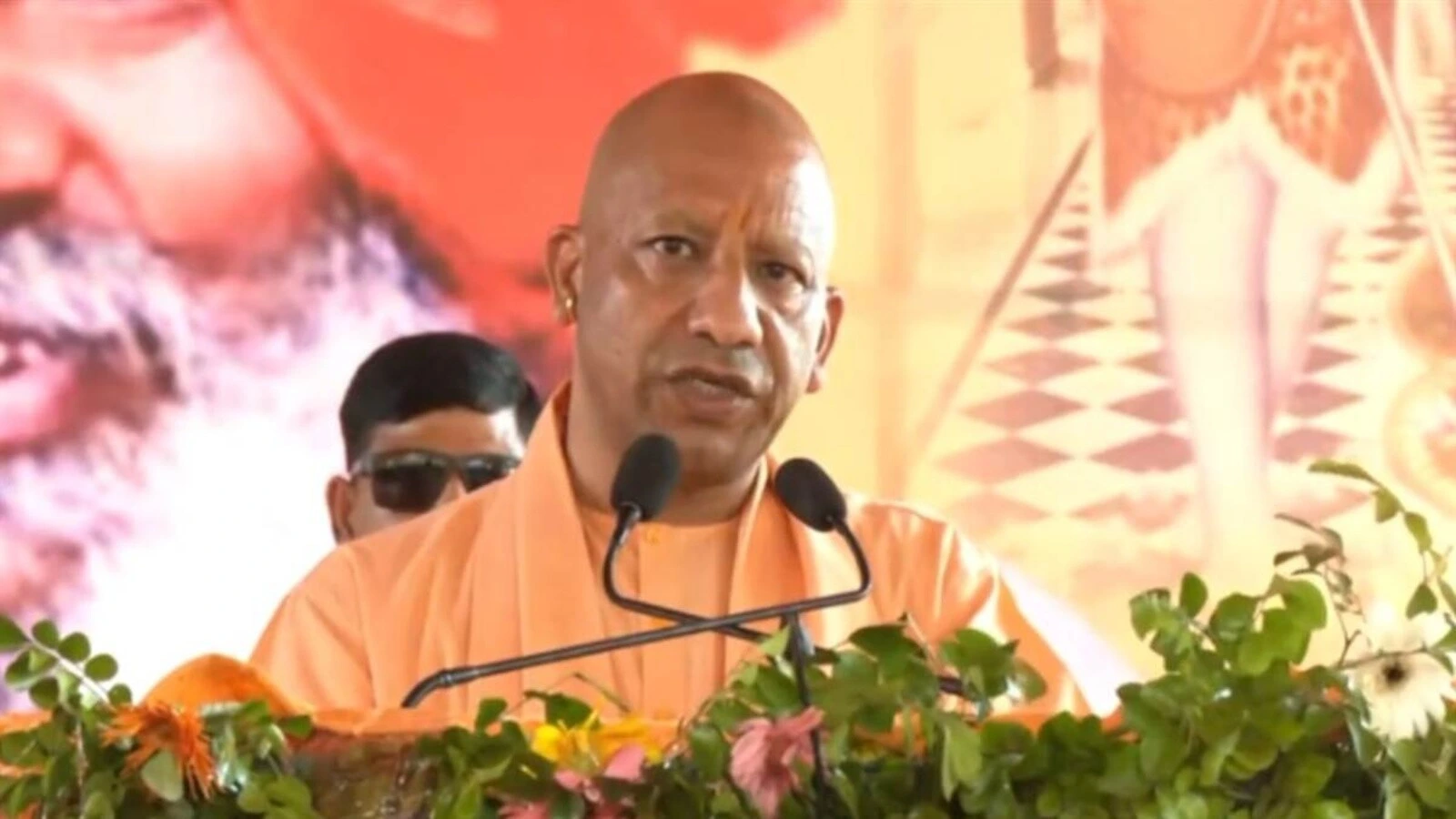
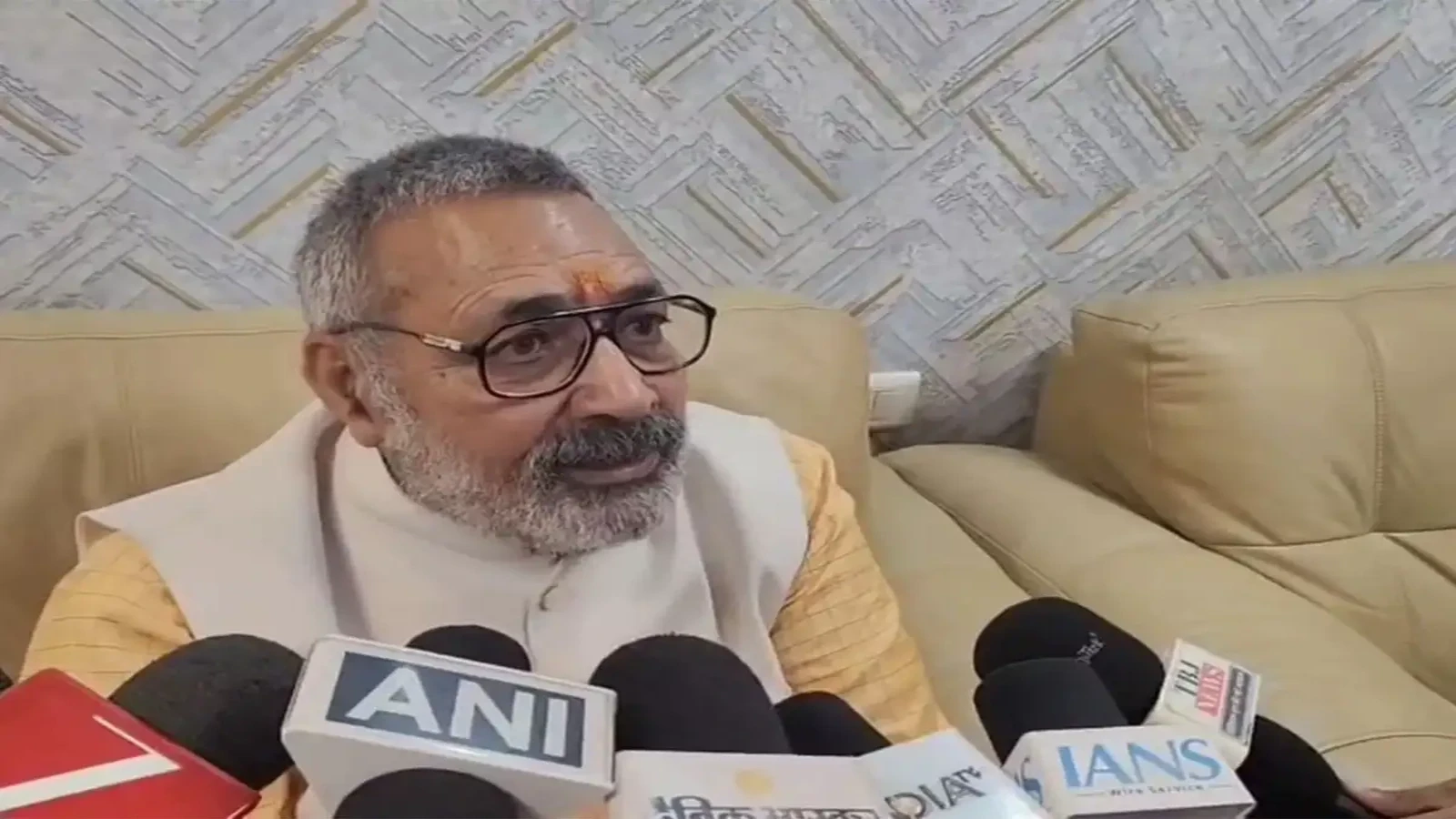



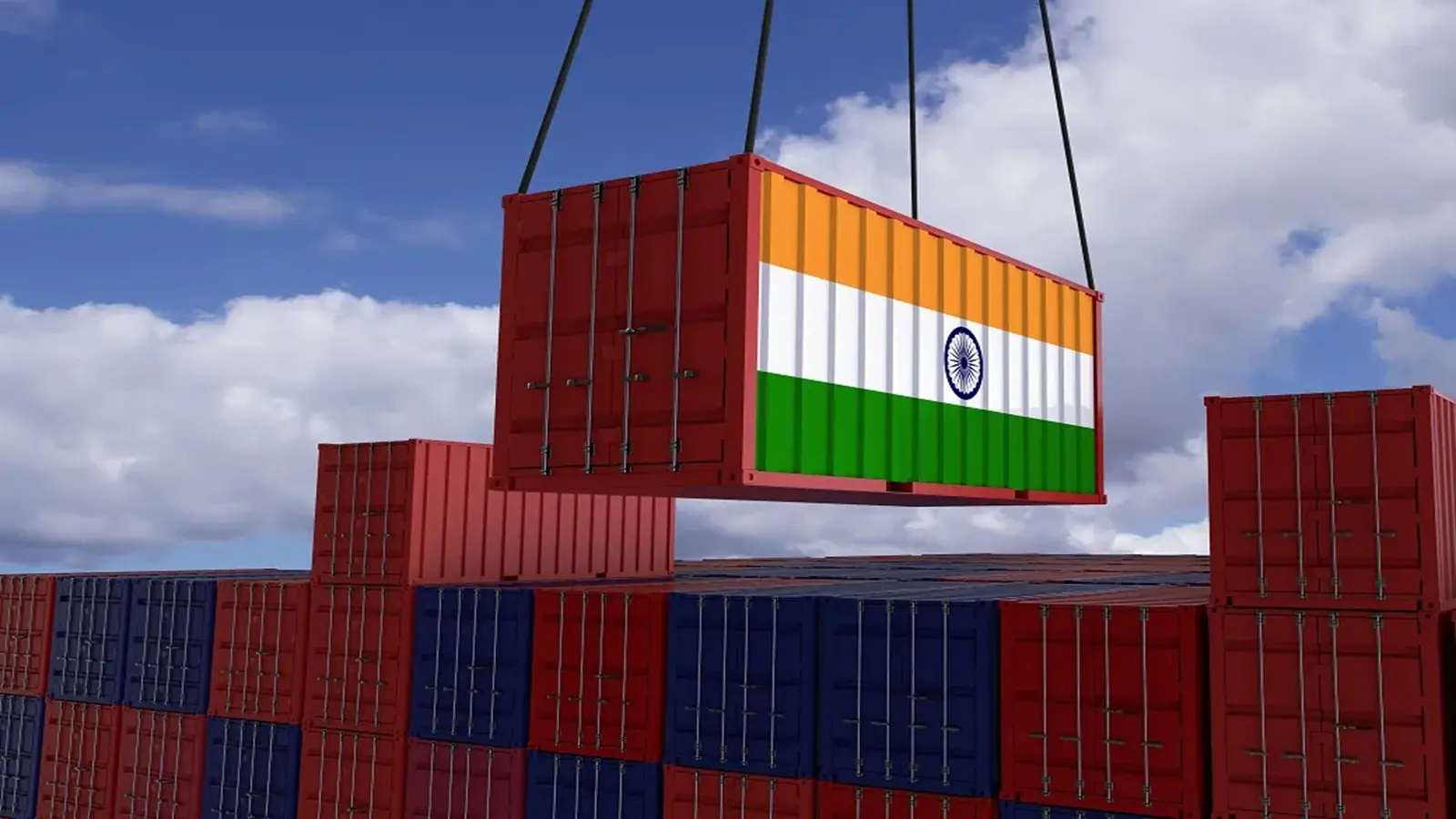

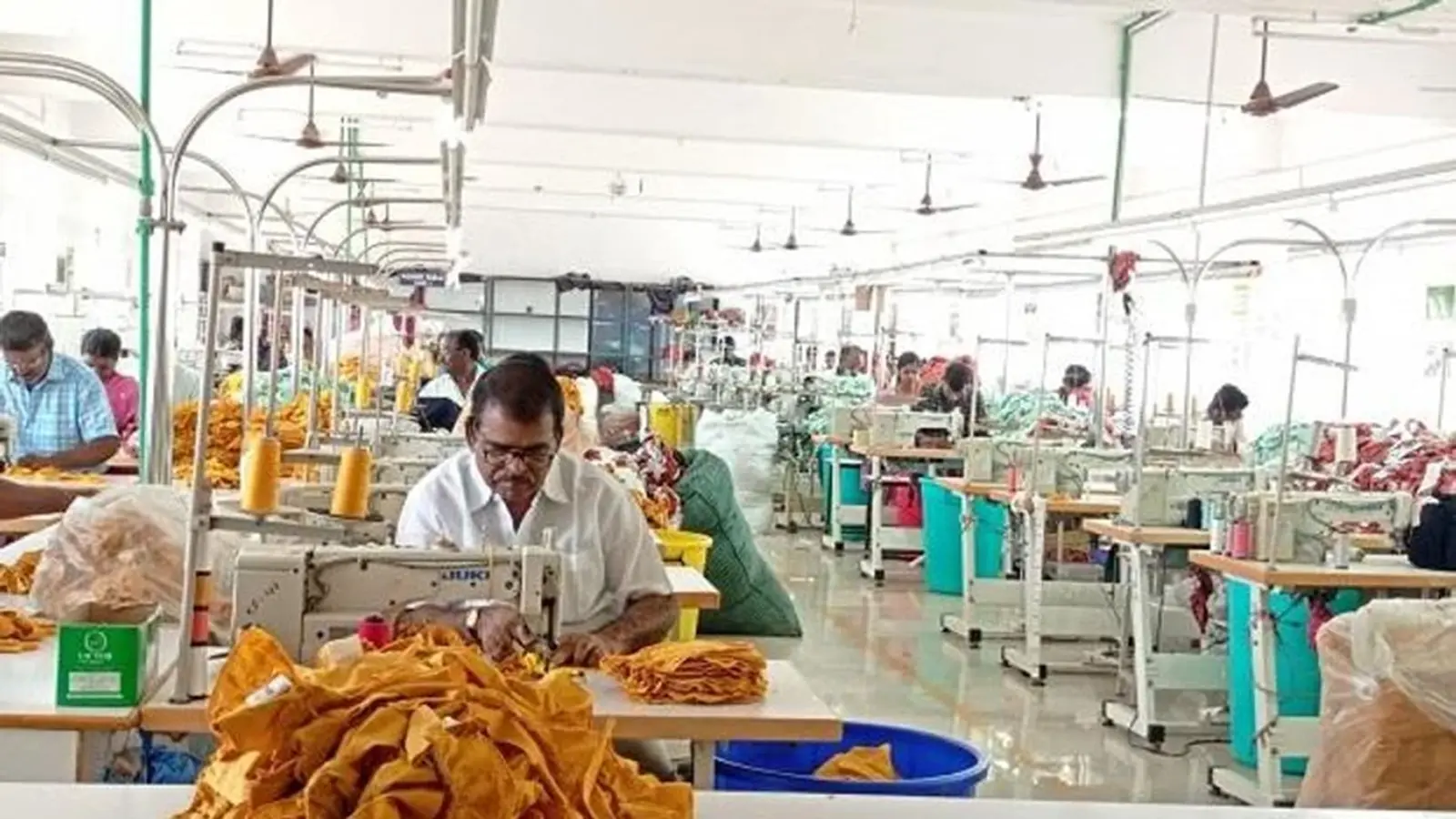



1.webp)

1.webp)



























.webp)






















































.png)





.jpg)















1.jpeg)
